The Mystery of Freedom
For freely choosing to live in accord with God’s will in this world we may incur the misunderstanding of others.
Freedom is a powerful word. It is more than a mere concept, a thing of the mind. It is not just an intellectual or philosophical or political idea. Indeed, it could be said that the gift of freedom, that is, our free will, reveals the very center of our humanity, that makes us unique in all of creation. It is precisely for this reason that it is not something to be taken lightly. How we use this gift from God, either willingly committing to live in accord with God’s Word, or not, will shape or distort the very quality of our lives with one another and with God.
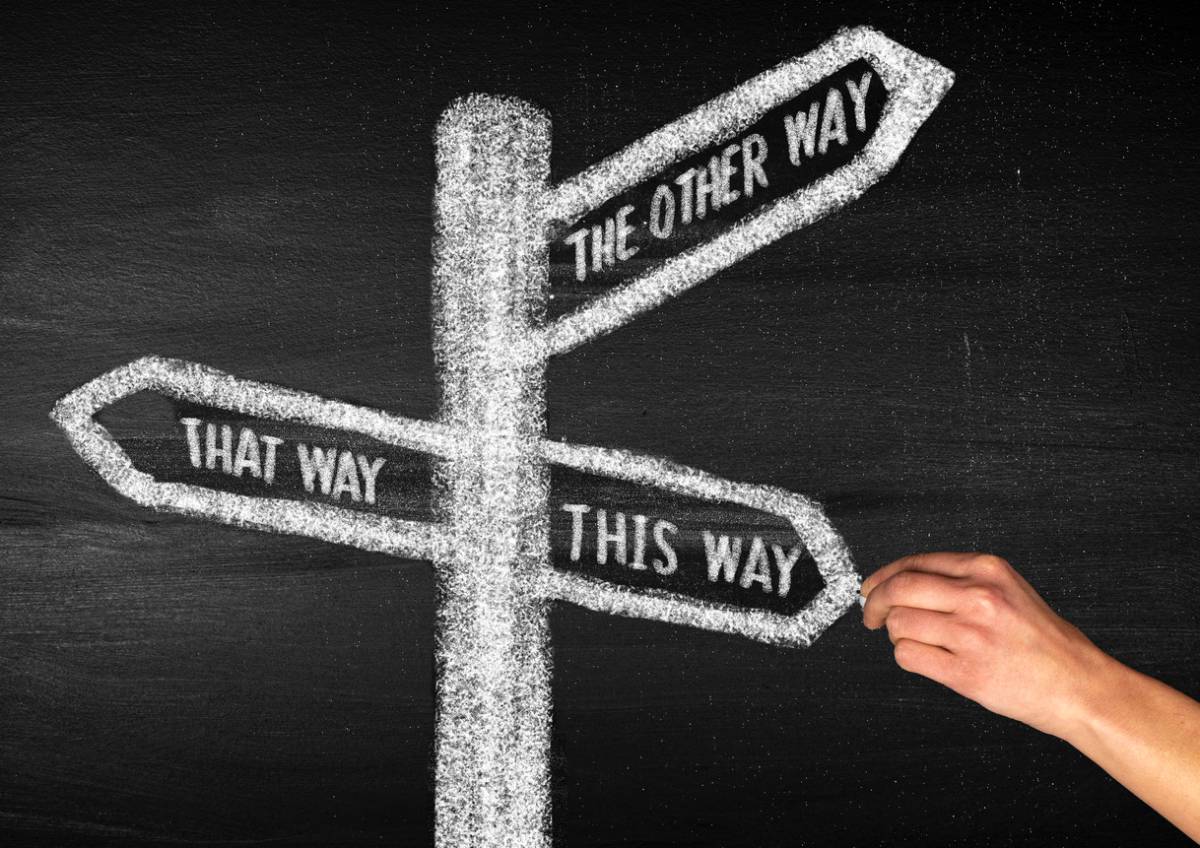
God has given us the inexpressible gift of free will and it is accompanied with another gift, that is, our intellect, our ability to reason and understand the world. We are born with these capacities but as children, we must be taught their uses through our experiences. As we mature we must take on the duties that are necessary to learn how to use our reason and free will ever more properly, or to put it more accurately, responsibly. True freedom is inextricably tied to our responsibility in its use. It is the job of parents and the Church to cultivate the soil of their children’s intellects, teaching them the basics of what they need to know about God and the world, about what is right and wrong, through experiences and by the example of their own lives. The learning does not end there, though. Indeed, we are responsible for continuing to grow in our knowledge of what is right or wrong and our ability to choose the good more habitually throughout our lives.

Fr. Ronald Knox offers a valuable thought challenge to us adults when he properly relates the consequences of our choices to ourselves writing, “Wherever the seed falls it is the fault of the soil, not the seed. If we attain heaven, we have to thank the Divine Husbandman who sowed the seed in our hearts. If we miss heaven, we have to blame the hardness, or the shallowness, or the entanglement of our souls for what we have lost.” Since we are the “soil” that God is sowing the seed of his Word into, the quality of our freedom and the quality of our free choices depends on two things: how well we have understood, accepted, and nurtured the “seed” that God has sown in us, and whether our choices in matters large and small have been in accord with the Word of God sown in our hearts and minds…or not.
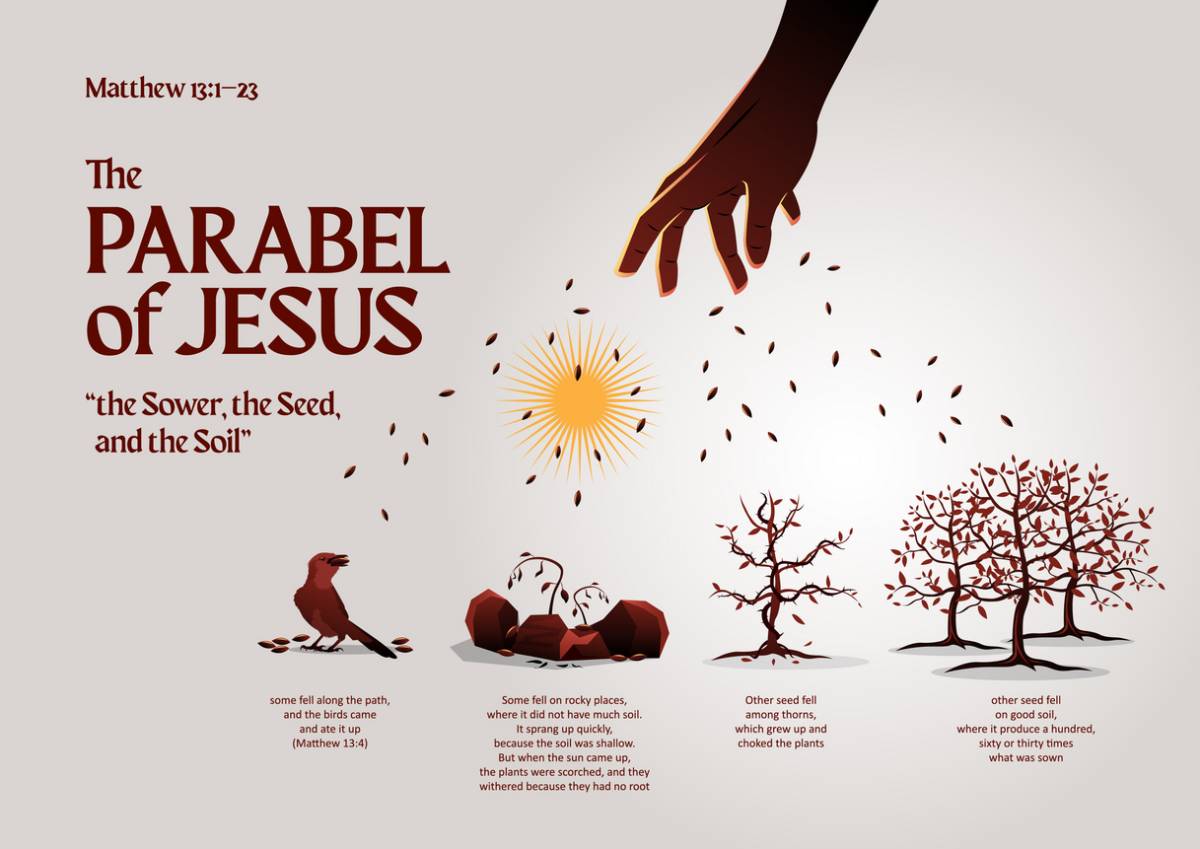
Choice, the use of our free will, is a matter of great importance and cannot be separated from the question of what is morally good and what is not. The Word of God reveals the essence of moral goodness. Having the powers of reason and free will is one thing, using them is another. Choosing and doing what is good and true is yet another. Paul Kingsworth in an article titled, “The Cross and the Machine” puts it this way, “I grew up believing what modern people are taught: that freedom meant lack of constraint. [G.K. Chesterton in his book], “Orthodoxy” taught me that this freedom was no freedom at all, but enslavement to passions. True freedom, it turns out, is to give up your will and follow God’s. To deny yourself. I am terrible at this, but now at least I understand the path.”
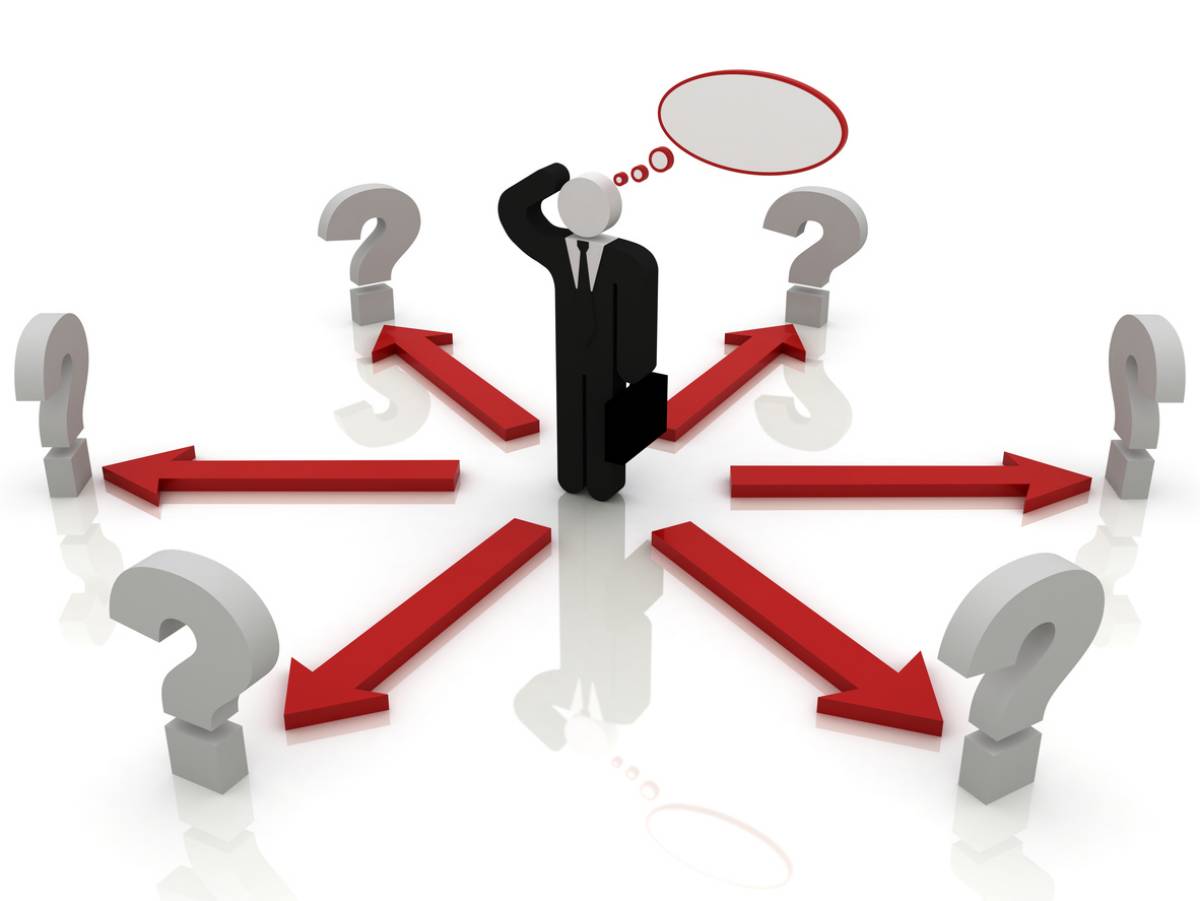
Willingly following Jesus in this world comes at a great cost indeed. Radical humility is required. What is that? It is not thinking less of yourself, but thinking about yourself less. Why would I want to do this? Why would I willingly go along with the Word of God and practice it? These are great questions and the answers lie in knowing and being willing to be responsible for the potential and real consequences that follow hard upon all of my decisions. If my decisions are solely based on my wants, and my passions, I will eventually suffer the unwanted consequences of my selfishness. This seems almost too obvious to comment on. Yet, we know the truth of this all too well in our own selfish experiences. And those consequences are never what I expect or desire them to be. And they are always our fault alone, no one else’s. To put it another way, the greatest and most important struggle for us in this life is not for the mastery of the universe, but for the mastery of the self.
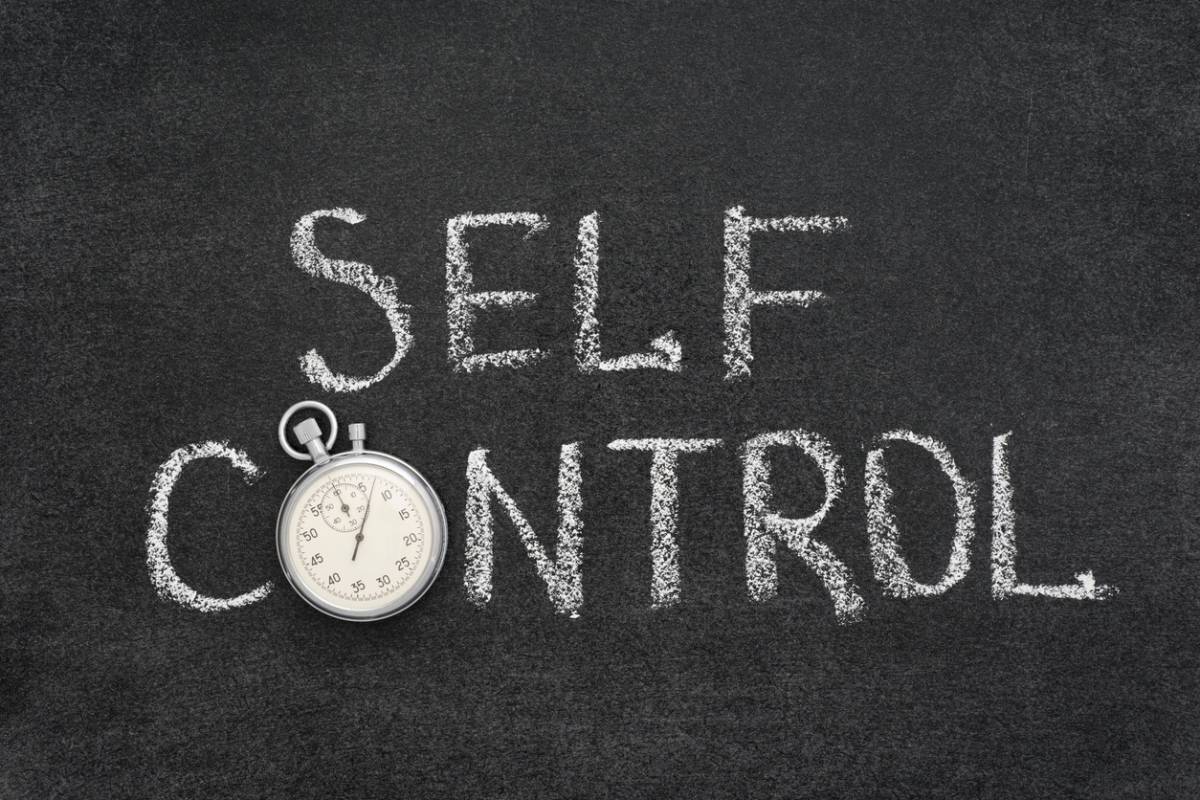
We are the “soil” that God sows the seed of his Word into. As such, we must each ask ourselves: Am I cultivating the soil of my mind, my conscience, and my will by reading the scriptures, studying them, and understanding them? Am I spending time in quiet prayer, seriously reflecting on what the Word of God means to me, what it is asking of me here and now? And here is where our freedom comes into play: Am I courageously trying to make proper choices in accord with God’s will in my daily decisions, large and small, no matter the cost? Or am I choosing only my willful passions for my own immediate gratification, no matter the costs? In real terms, there will be great costs for using my freedom properly, in accord with the will of God. For freely choosing to live in accord with God’s will in this world we may incur the misunderstanding of others. We may be misrepresented and we may even feel the pain of rejection and ridicule, or we may even be despised and persecuted. Do we trust enough in the Sower’s love and grace for us to still freely choose his way over ours?
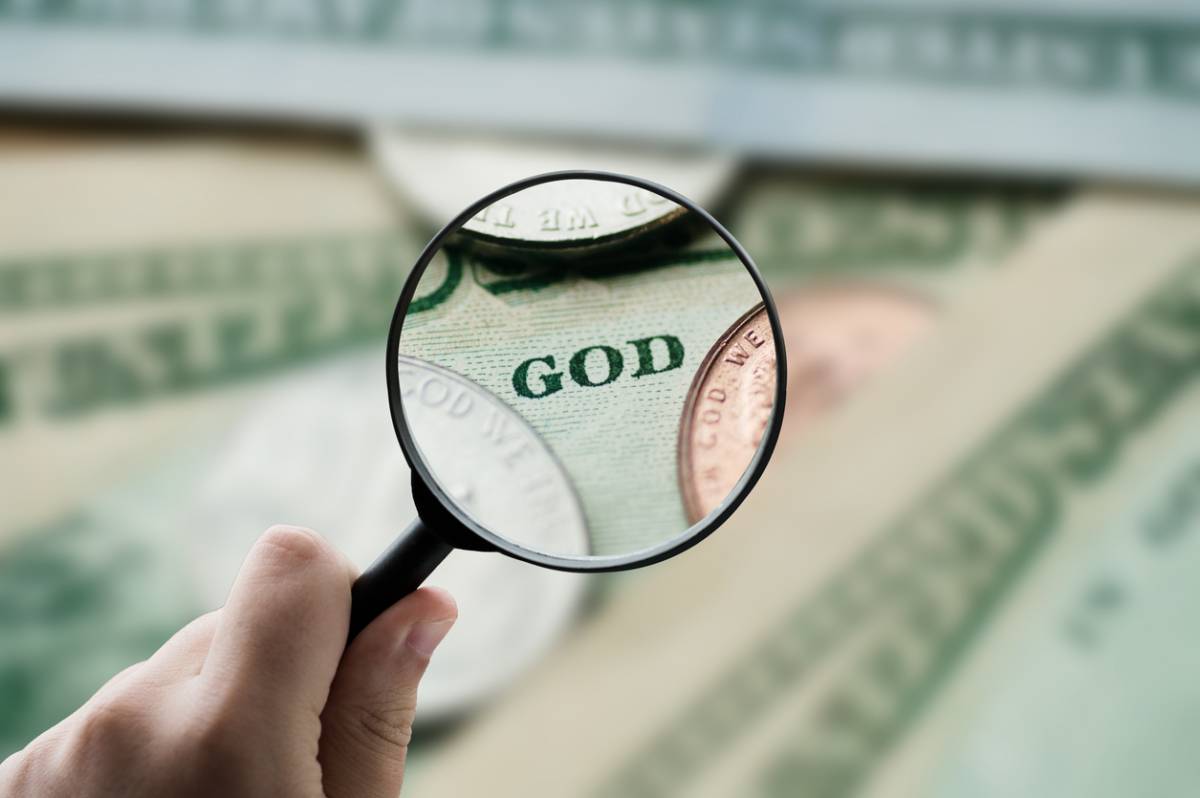
We will always have a choice. We will always be free. The great question is: Where do we focus our gaze, on the things of God, or the things of the world? And the answer will make all the difference, both here in our daily lives and in the life to come.
SKM: below-content placeholderWhizzco for FHB

